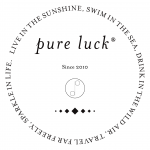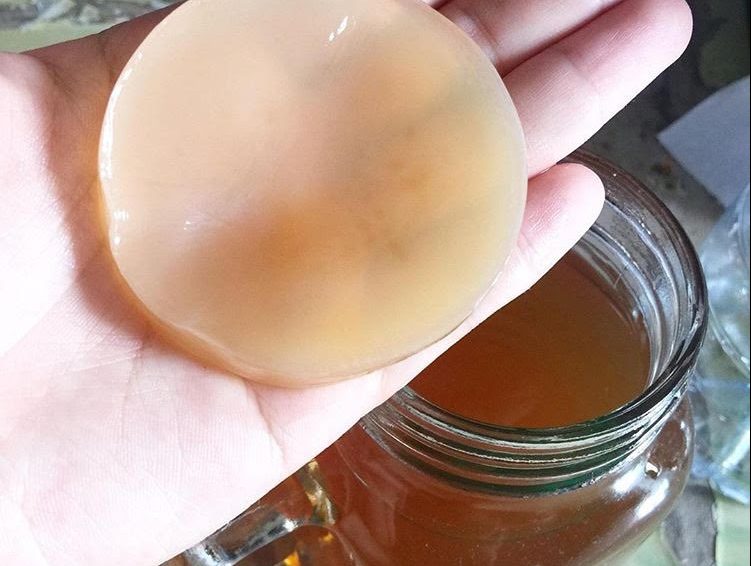
WHAT IS KOMBUCHA?Kombucha is fermented tea. To make kombucha – brew organic loose leaf tea with spring water, add organic evaporated cane sugar and a special culture of yeast and bacteria. Ferment in a warm, dark, still place for 21+ days. It’s fermentation, similar to cider, beer or wine.
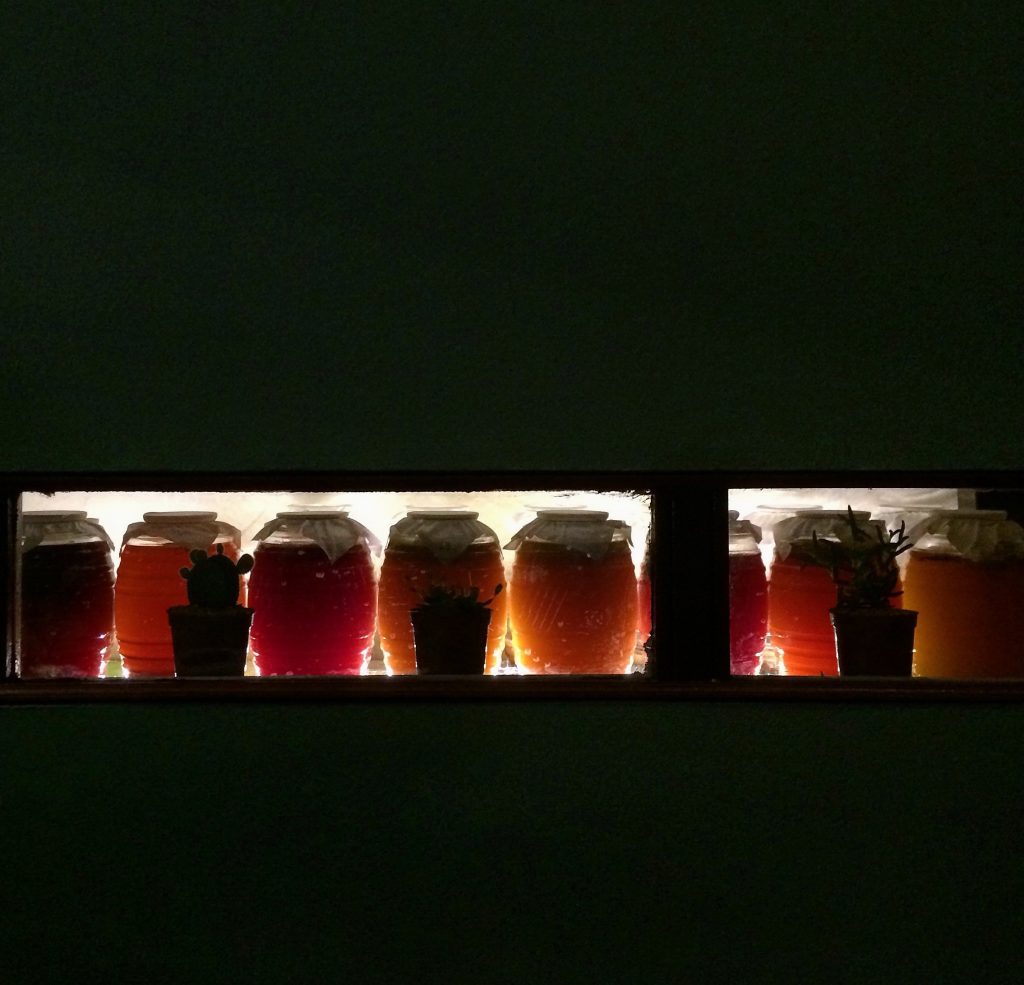
WHY IS KOMBUCHA GOOD FOR YOU?Vitamins & Minerals – Vitamin-C, B-Vitamins, Carotene, Follic acid, Manganese and PotassiumAntioxidents, Flavonoids & Polyphenols – Naturally occurring in tea these counter the effects of harmful free radicals and oxidative stress, which lead to cell and tissue damageTheanine & Caffeine – The combination of L-theanine and caffeine has been shown to promote faster cognitive abilities. Theanine has also been shown to reduce mental and physical stress by promoting alpha wave production in the brainBeneficial acids – Help regulate pH, flush toxins, improve gut function, detoxify the liver and have anti-microbial effectsProbiotics – Probiotics are bacteria that help maintain the natural balance of organisms (microflora) in the intestines. The normal human digestive tract contains about 400 types of probiotic bacteria that reduce the growth of harmful bacteria and promote a healthy digestive system
WHAT IS THE KOMBUCHA CULTURE?Different yeasts and bacterias ferment tea into kombucha. Each region, person and brand will usually have their own unique combinations of these yeasts and bacterias. Kombucha is often a mash up of very same bacteria and yeasts that ferment apples, grapes, vegetables, malts and grains into cider, wine, beer and vinegar.
German studies have suggested that kombucha helps to regulate and flush the digestive system kombucha helps purify the glandular system while promoting elimination of toxins. Medical research documented kombucha tea as an excellent remedy against headaches, stomachaches, gout, arthritis, kidney stones, angina, fatigue, constipation, toxic gut bacteria, eczema, ulcers and irritability.
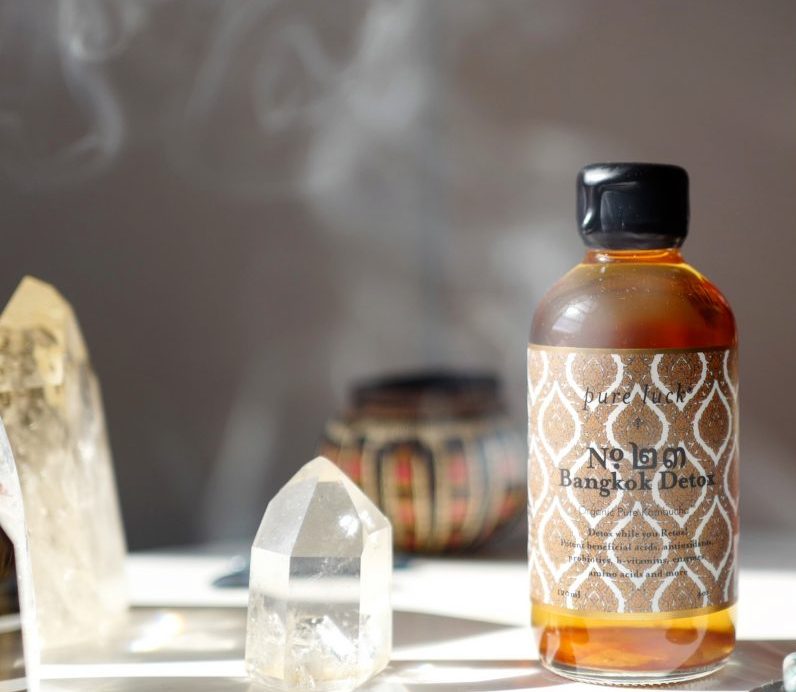
“By the intake of the drink described as Teakwass (kombucha), there happens a remarkable invigoration of the body’s entire glandular system and a promotion of the metabolisms. …highly recommended for sports-people and those who do strenuous mental work. Through the promotion of the metabolism, undue fat deposits in the body are avoided or removed.” – Hans Irion, Director of the Academy for Chemists in Braunschweig, Germany 1944
WHAT IS A SCOBY? (Symbiotic-Culture-of-Bacteria & Yeast)The SCOBY is like a hotel for yeast and bacteria. It’s technically called a Zoogleal mat or Bio-film. It’s important to distinguish between the culture and the SCOBY. The culture is what makes kombucha, not the SCOBY, the SCOBY is merely a by-product of the process. You can make kombucha with only the proper culture, you don’t need a SCOBY.
HISTORY & LEGEND & LOREThe story goes, Kombucha is named after a Korean physician named Kombu who supposedly healed the Japanese Emperor Inyko with kombucha tea. The tea was then named after him; “Kombu” + “cha”.“Tea of immortality” as kombucha was supposedly called during the Qin Dynasty, China (221-206 BCE). Kombucha was supposedly known as “a beverage with magical powers enabling people to live forever”.
Genghis Khan and his men drank kombucha in the 12th century for vitality and strength – so goes the myth.The Soviet Union, possibly used kombucha as one “secret weapon” in training it’s olympic athletes in the 1950’s. One benefit of kombucha is to prevent the build up of lactic acid, which leads to sore muscles.
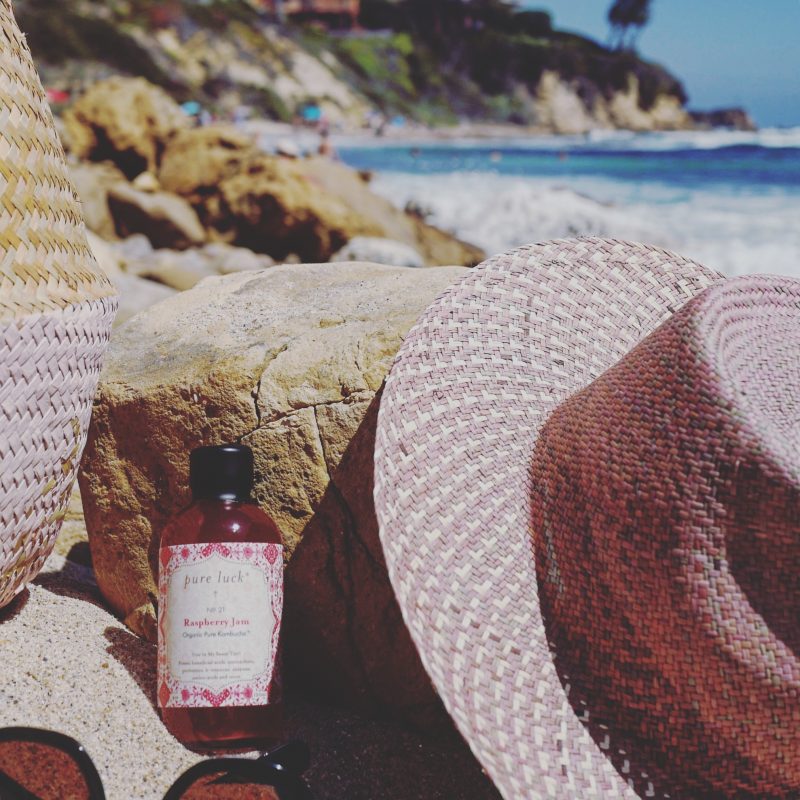
** DISCLAIMER** The FDA doesn’t approve of any of these statements and we are not doctors. Kombucha is not intended to diagnose or cure anything. The government would rather you take pharmaceuticals and legal drugs than use – non-approved holistic therapies.
